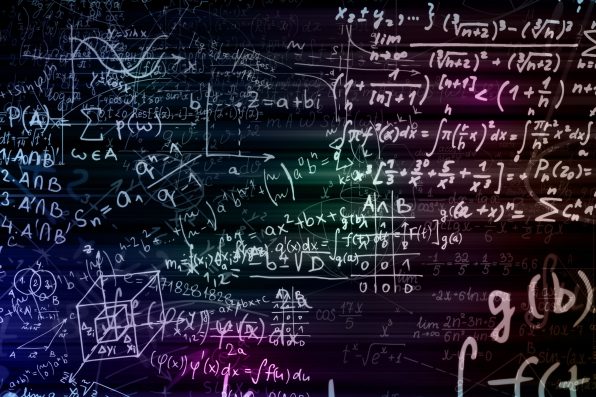Physicists Are Conducting Five Experiments To Determine Whether We Are Really Living In A Simulation

Do you ever feel like you’re living in a simulation? What if the world as we know it isn’t actually real? Could we really be living in a fake reality created by more advanced beings?
A team of physicists from the California State Polytechnic University, Pomona, and a Canadian university is carrying out five quantum physics experiments to determine whether we are living in a computer-simulated virtual reality.
The experiments were designed by Thomas Campbell, a former NASA physicist. They are variations of the double-slit and delayed-choice quantum eraser experiments. The double-slit experiment is one of the most famous experiments in physics. It has puzzled scientists for nearly a century.
It demonstrated that light was a wave and led to the discovery that light can also behave as particles, revealing its quantum nature.
The findings are considered evidence of the possible existence of quantum mechanics. The delayed-choice quantum eraser experiment further explores the wave-like and particle-like behavior of photons.
If the physical world is a simulation, Campbell believes that it acts much like a computer game, where only parts of the world being observed by a “player” are simulated on demand, meaning that what we do not see what does not exist.
It’s like how, in video games, the entire universe can’t be seen and stays off-screen to save computer power. Campbell’s experiments are the first to investigate the link between consciousness and simulation theory.
“To save itself computing work, the system only calculates reality when information becomes available for observation by a player, and to avoid detection by players, it maintains a consistent world, but occasionally, conflicts that are unresolvable lead to VR indicators and discontinuities (such as the wave/particle duality),” wrote the authors.
To figure out whether we are in a real or simulated world, the team must identify when information becomes available to us. If information is rendered only at the time of observation by an observer, this suggests that we are living in a simulation.

Vitaly – stock.adobe.com – illustrative purposes only
Researchers will follow two strategies to test the theory. First, they must test the moment of rendering. Then, they will try to “force the VR rendering engine to create discontinuities in its rendering” or generate a measurable event within our reality that shows it is simulated.
In one of their simplest experiments, two separate USB drives will collect which-way data and screen data without the experimenter seeing. Based on a coin flip, the USB drives containing the which-way data will be destroyed beyond recovery.
The test will be successful if the flash drives containing screen data show an interference pattern when the corresponding which-way data has been destroyed.
That would mean the simulation rendered reality at the time of observation once the file was opened and not when observed by the observer.
“If all five experiments work as expected, this will challenge the conventional understanding of reality and uncover profound connections between consciousness and the cosmos,” Campbell said.
Sign up for Chip Chick’s newsletter and get stories like this delivered to your inbox.
More About:Science





